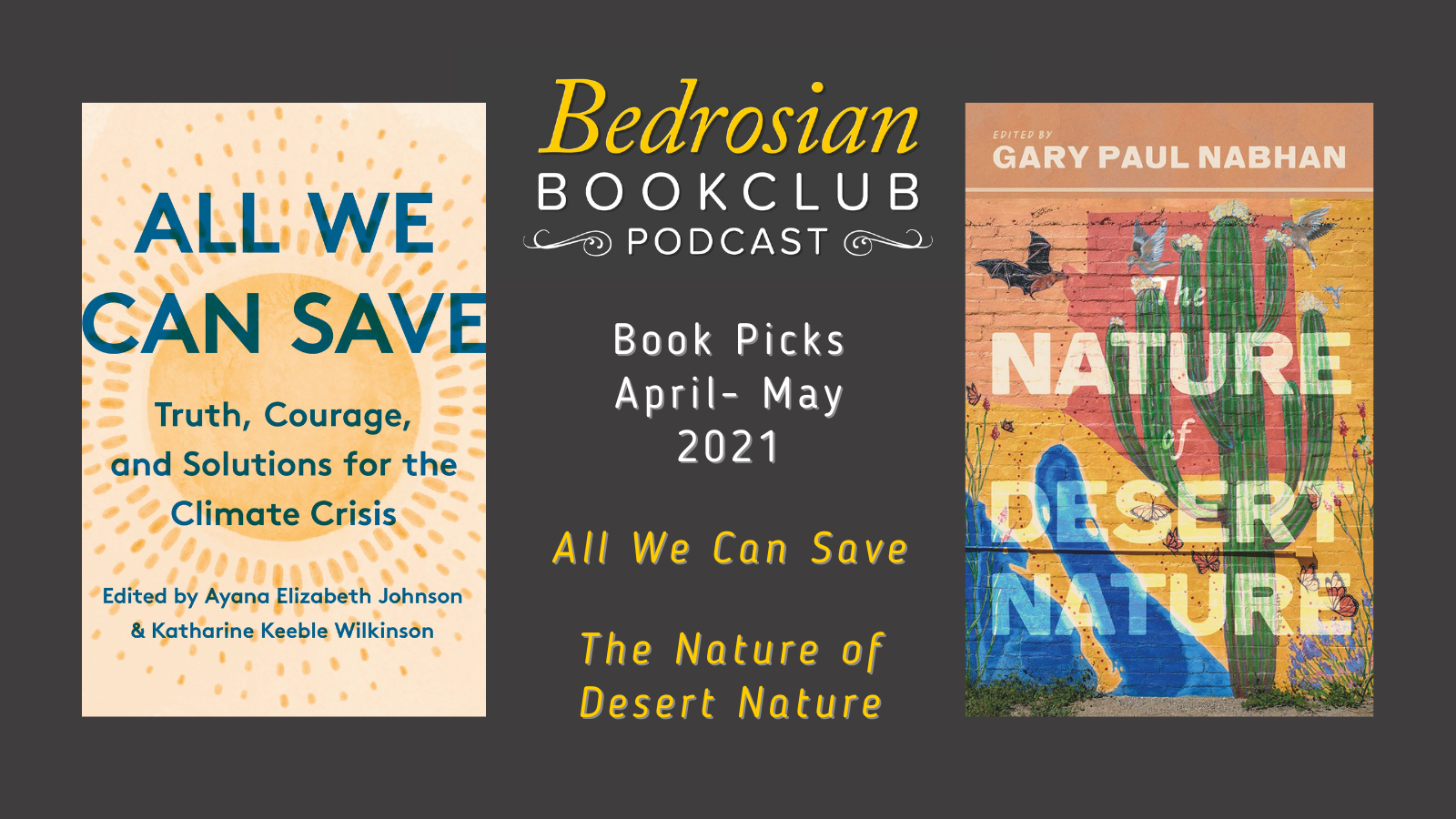Our civic duty
by Olivia Olson
Absentee ballots are bubbled in with a flourish. Crowds emerge from local polling places, flashing selfies of the “I voted” stickers that peel from their sweaters. Snapchat stories, Instagram posts, and Facebook pages extol candidates of choice, admonish other contenders, and exhort others to vote (as long as their followers share their beliefs). These actions render voting both morally compelling and glamorous.
And although our tech-savvy 18-29 demographic holds the lowest voter turnout, a meager 46.1% in 2016 compared to 66% in ages 45-64, we cannot ignore social media’s impacts on voter sentiments and actions.
Surely online voting rhetoric fosters the youth participation and open discourse conducive to a thriving representative government, but does this digital democracy counter, or indeed perpetuate, the hateful political society we’ve begun to call home? In an era of the 24-hour news cycle and in the wake of a particularly nasty presidential election, we’ve clustered further and further from our political center and taken painstaking efforts to avoid confrontation with differing opinions. We tweet and post Instagram stories: “if you believe this, unfollow me” and we carefully tailor our news sources to reinforce our existing beliefs. Our digital political culture lacks nuance and mutual understanding.
All Republicans are henceforth xenophobic, greedy, homophobic, and corrupt.
All Democrats are henceforth snowflakes, socialists, anti-business, and deluded.
In Seattle, Washington, you better not express sympathy toward the R-word agenda.
Forget about the D-word in Williamsburg, Kentucky.
In a polarized, hateful political society, we no longer encourage a careful study of a variety of diverse and engaging candidates, but instead teach our voting population to scan for (R) or (D), and check the box. The one-sided narrative we carefully cultivate online foments this bastardization of the voting process.
Voting, our civic duty, cannot be taken lightly. It’s not breezy or glamorous as portrayed in the media. But it is necessary.
A government for the people, by the people, and of the people fails when the people don’t show up. But showing up isn’t quite enough either.
With the 2020 elections upon us, begin to take the time to carefully study the candidates through debates, personal statements, their websites, and articles from ranging political bents. Do not be afraid to stray from party lines if a politician speaks to you. Engage your family, followers, and friends, but don’t blindly vote for their candidates of choice. Show up to your polling place understanding who best represents your values, your beliefs, your priorities, and who will best represent the American people. Invest your time in the preservation of the future of our democracy.



